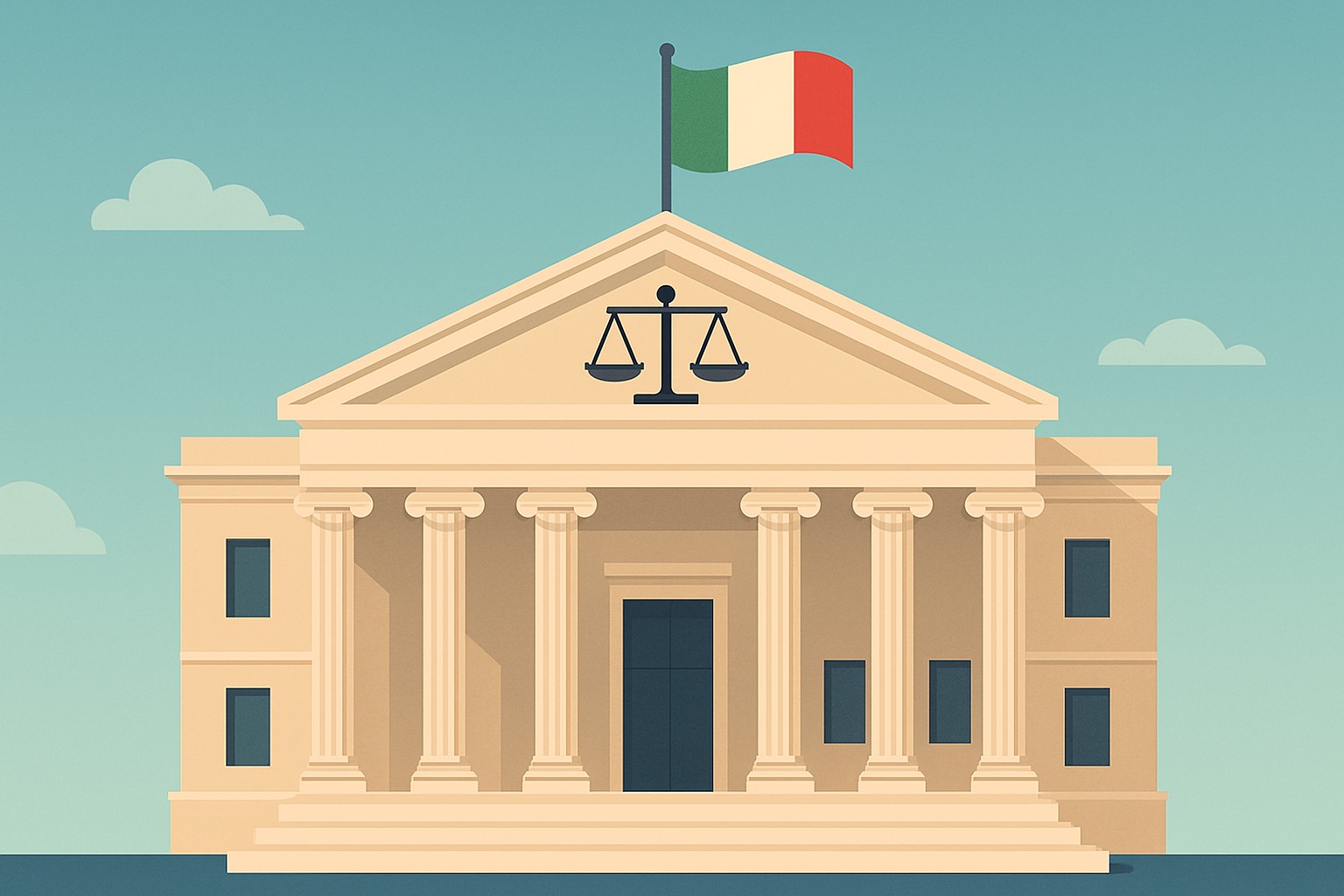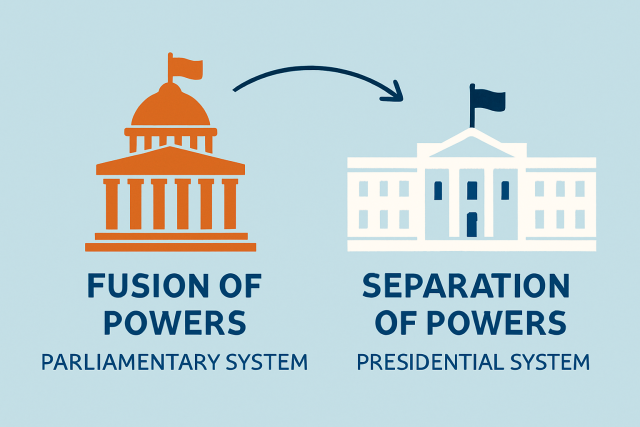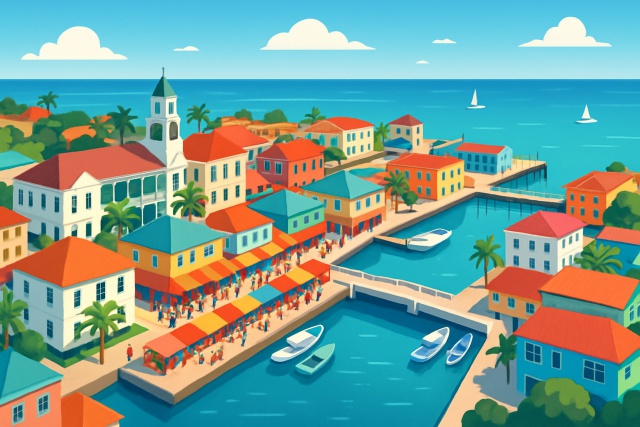Why The Fusion Of Powers Differs From Separation Of Powers
Understand why the fusion of powers differs from separation of powers and how each system shapes gov...

If you've ever wondered, 'does Italy have a death penalty?' in 2025, you are not alone. It touches on fundamental issues around justice, politics and human rights in modern Italy. Understanding Italy's stance on capital punishment reveals a lot about the country's core values and its place in Europe. It also shows the delicate balance it maintains between punishment and respect for human dignity.
Italy once had capital punishment, especially in the years leading up to and during World War II. After the war ended, the use of the death penalty didn’t disappear overnight but was slowly chipped away until it was completely phased out. The country’s last execution took place back in 1947.
Italy's laws now firmly put the kibosh on the death penalty, a clear stance deeply rooted in its Constitution and backed up by other laws that leave no room for doubt.
Italy has firmly put pen to paper on key international agreements that clearly underscore its stance against capital punishment, including Protocol No. 6 and Protocol No. 13 to the European Convention on Human Rights. On top of that, it throws its weight behind United Nations moratoriums on the death penalty.
Italy decided to end the death penalty thanks to a combination of political and social factors. WWII left a deep mark and fueled a shift in public opinion against state executions. Alongside that, changing attitudes toward human rights nudged the country toward a more humane approach.
After witnessing the horrors and abuses of World War II and the Fascist regime, those who crafted Italy's 1948 Constitution aimed to build a democratic society based on respect for individual dignity and human rights. This was no small feat. They left behind the harsh totalitarian punishments of the past and shifted the focus from cold revenge to genuine rehabilitation. It wasn’t a lone effort. Key political parties, the Catholic Church and growing voices of human rights advocates all came together to support abolition.
"Abolishing the death penalty really underscores Italy's deep-rooted commitment to human dignity and the rule of law. It marks a definite turning point, leaving behind a tough chapter in the country's history that many are glad to see closed." – Emma Bonino, Italian politician and human rights advocate.
The mainstream Italian political establishment stands firmly united against bringing back the death penalty. Every now and then a handful of marginal political groups throw their hat in the ring, usually championing tough-on-crime stances.
Recent public opinion polls in Italy paint a mixed picture when it comes to capital punishment. Roughly a quarter to a third of Italians support some form of the death penalty, especially in cases involving terrorism or violent crimes. This issue tends to stir strong feelings. A clear majority, often over 60%, are either against it or undecided. This reflects Italy’s deep-rooted cultural resistance to state-sanctioned executions.
| Year | Support (%) | Oppose (%) | Undecided (%) | Notable Demographics Supporting (%) |
|---|---|---|---|---|
| 2018 | 28 | 62 | 10 | Mainly people aged 45 and up, especially those hailing from Southern Italy |
| 2021 | 26 | 64 | 10 | Conservative voters, often found in the quieter corners of rural areas |
| 2024 | 25 | 65 | 10 | Predominantly men and older adults, who seem to stick with these views |

An image showing a political rally in Italy discussing justice reforms and the death penalty debate.
Italy's choice to abolish the death penalty falls right in line with a broader European trend where democratic countries usually put human rights front and center.
Italy plays an active role in international groups like the Council of Europe and the United Nations Human Rights Council. It’s deeply committed to pushing for a global end to the death penalty and often backs suspensions on executions worldwide.
Quite a few individuals seem to believe that Italy either still keeps the death penalty under wraps or could slip it back in without breaking a sweat. Then there are those who confuse Italy’s tough life imprisonment sentences with actual capital punishment.
Whether you are a local or just passing through Italy, you can rest easy knowing that capital punishment is off the table.
For those wondering, 'does Italy have a death penalty?'—the answer is a definitive no, a decision that highlights its deep commitment to human dignity and the rule of law. Rather than resorting to the ultimate punishment, the justice system leans toward sentences that match the crime and efforts to rehabilitate offenders. It includes strong safeguards to prevent harsh treatment. This approach helps shape a legal framework that is clear and consistent, ensuring everyone—whether a lifelong Italian or just passing through—is treated fairly and shielded from irreversible cruel punishments.
23 posts written
Dashiell explores how cities shape human experience, combining architectural insights with sociological observations in thought-provoking pieces.
Read Articles
Understand why the fusion of powers differs from separation of powers and how each system shapes gov...

Curious if Colombia grants birthright citizenship? This guide breaks down the country’s legal framew...

Wondering if Belize City is worth visiting? Explore its rich history, vibrant culture, stunning natu...

Explore the best vacation spots in El Salvador where rich local culture thrives—from historic towns...
27 posts written
25 posts written
24 posts written
